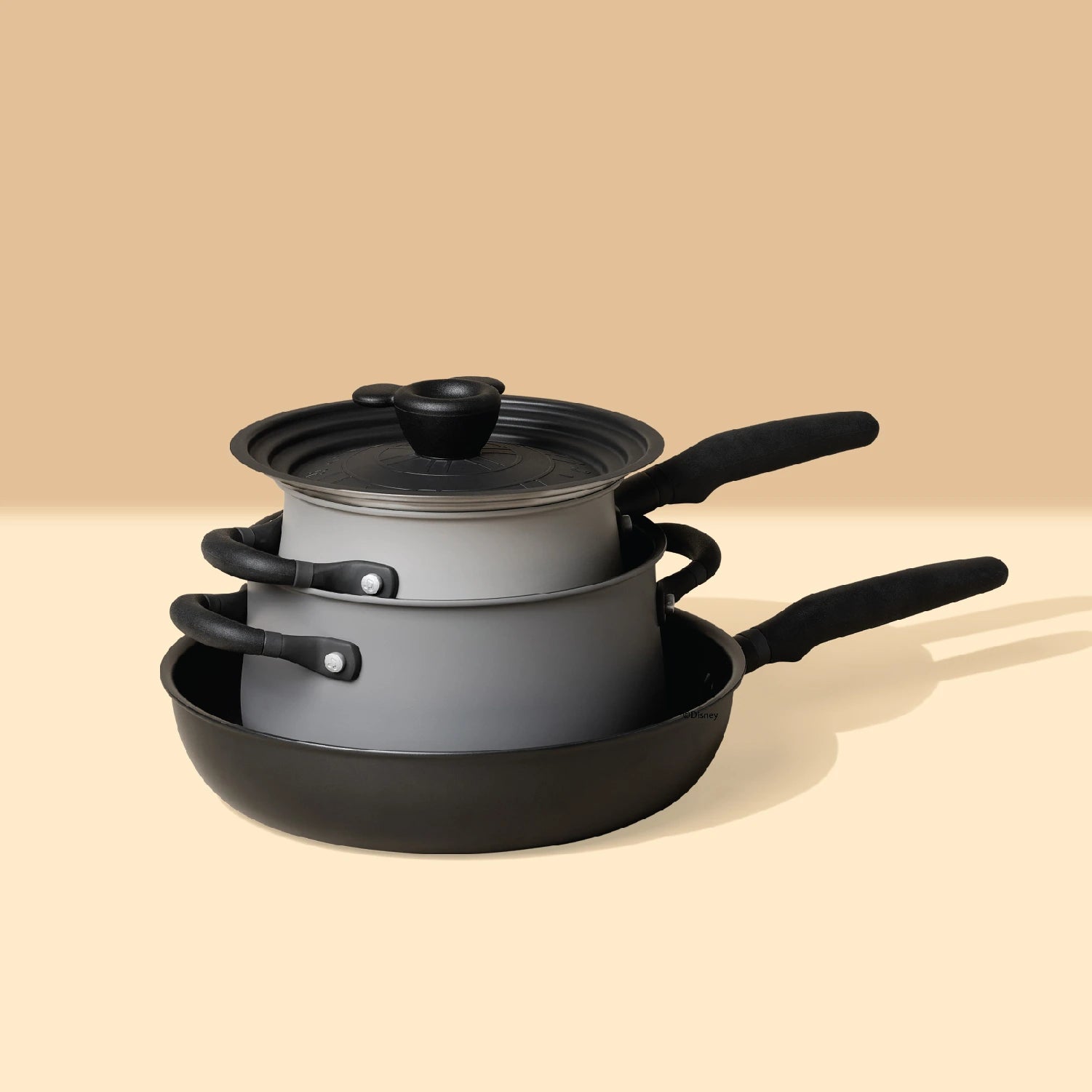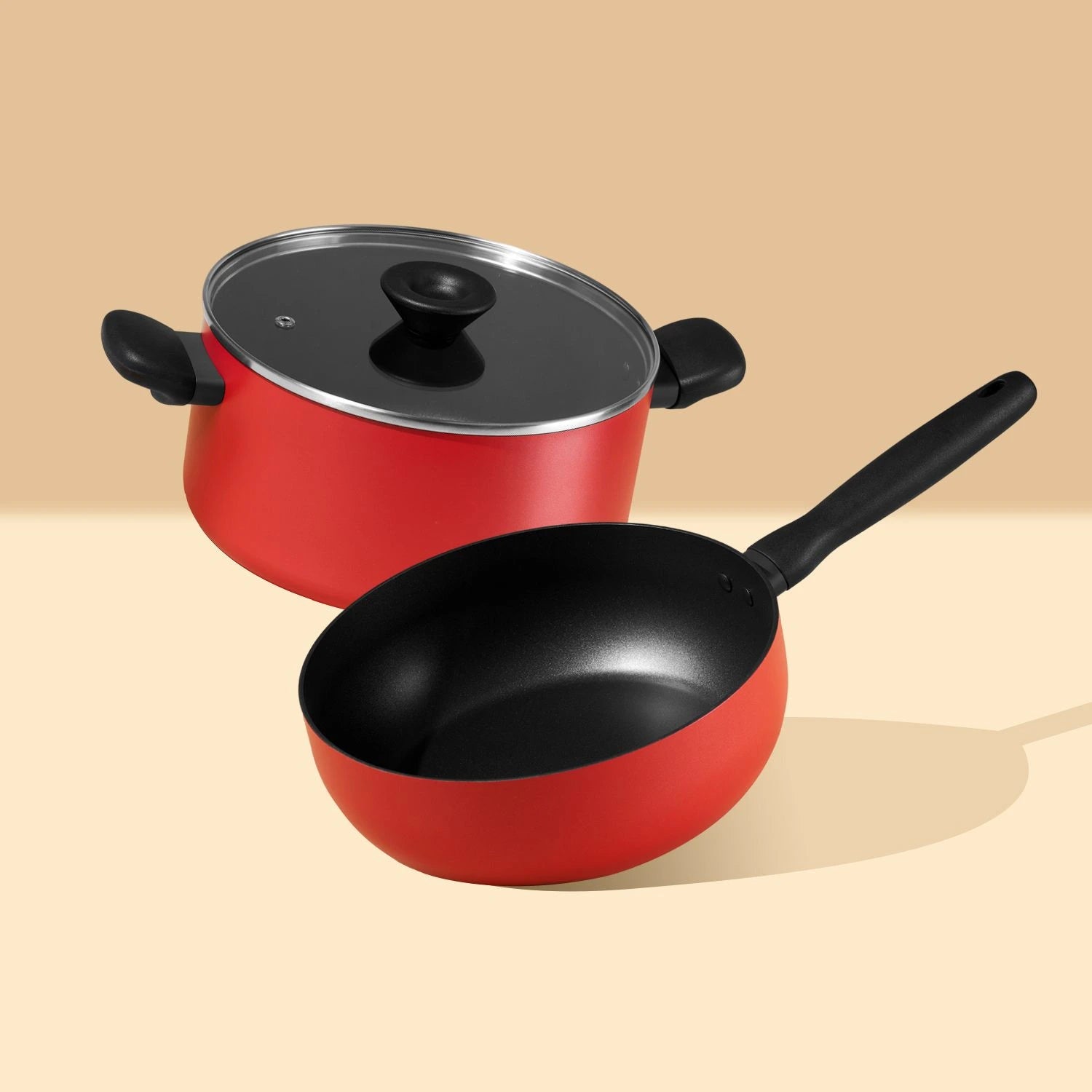Portion control is paramount in weight management, especially when combined with low-oil cooking techniques. It enables individuals to regulate their calorie intake more effectively, as smaller portions naturally lead to reduced calorie consumption. By embracing low-oil cooking methods such as grilling, baking, or steaming, individuals can enjoy flavorful meals without excess fats. This approach not only aids in calorie reduction but also promotes mindful eating and satiety. Portion control fosters a better understanding of hunger cues and encourages individuals to eat with awareness, preventing overeating and supporting long-term weight management goals. Incorporating portion control alongside low-oil cooking habits establishes sustainable dietary practices that contribute to overall health and well-being.
Table of Contents
What Does Portion Control Mean?
Portion control refers to managing the amount of food consumed during meals or snacks. It involves being mindful of serving sizes and eating appropriate portions to meet nutritional needs without overindulging. Portion control plays a crucial role in weight management by helping individuals regulate calorie intake and maintain a healthy balance of nutrients. It involves understanding recommended serving sizes for different food groups and practicing moderation in eating habits. By controlling portion sizes, individuals can better manage their weight, prevent overeating, and support overall health and wellness.
Importance Of Portion Control:
- Caloric Regulation: Portion control plays a crucial role in managing calorie intake, which is fundamental for weight management. By monitoring portion sizes, individuals can control the number of calories they consume per meal, thereby preventing overeating and excess calorie intake.
- Balanced Nutrition: Effective portion control encourages individuals to consume a balanced diet that includes a variety of nutrients essential for health. By focusing on portion sizes, individuals can ensure they receive adequate servings of fruits, vegetables, lean proteins, whole grains, and healthy fats, promoting overall nutritional balance.
- Hunger and Satisfaction: Maintaining proper portion sizes helps regulate hunger and promotes feelings of satisfaction after meals. By consuming appropriately sized portions, individuals can avoid excessive hunger or overeating, leading to a more controlled and fulfilling eating experience.
- Preventing Overeating: Portion control is instrumental in preventing overeating, which can lead to weight gain over time. By being mindful of portion sizes, individuals can avoid consuming more calories than their bodies require, thus reducing the risk of excess weight gain.
- Sustainable Habits: Incorporating portion control into one's eating habits fosters sustainable dietary practices that support long-term weight management goals. By developing awareness of portion sizes and practicing moderation, individuals can establish healthy eating patterns that they can maintain over time, leading to more sustainable weight loss outcomes.
Tips & Tricks For Portion Control:
- Use smaller plates and bowls: Serving meals on smaller plates and bowls can create the illusion of larger portions, helping you feel satisfied with less food.
- Measure your portions: Use measuring cups, spoons, or a kitchen scale to accurately portion out foods, especially calorie-dense items like grains, nuts, and oils.
- Fill half your plate with fruits and vegetables: Aim to make half of your plate fruits and vegetables, as they are low in calories and high in fiber, helping you feel full and satisfied.
- Be mindful of portion sizes: Pay attention to recommended serving sizes listed on food labels and packaging, and try to stick to them when serving yourself.
- Avoid eating straight from the package: Instead of eating directly from a large bag or container, portion out a serving size onto a plate or bowl to prevent mindless overeating.
- Practice the "half-plate rule": When eating out or ordering takeout, aim to fill half of your plate with vegetables or salad and split the remaining half between lean protein and whole grains.
- Slow down and savor your food: Eating slowly and mindfully allows you to fully enjoy your food and gives your body time to register feelings of fullness, preventing you from overeating.
- Plan and prep your meals: Preparing meals in advance and portioning them out into individual containers can help you control portion sizes and avoid overeating during busy times.
- Use visual cues: Visual cues like comparing portion sizes to everyday objects (e.g., a tennis ball for a serving of fruit) can help you estimate portion sizes more accurately.
- Listen to your body: Pay attention to hunger and fullness cues, and stop eating when you feel satisfied rather than overly full. Learning to eat intuitively can help you naturally regulate portion sizes and maintain a healthy weight.
Importance Of Low Oil Cooking In Weight Management:
- Reduced Caloric Intake: Low oil cooking significantly reduces the number of calories consumed per meal. Oil is calorie-dense, and by using less of it in cooking, individuals can lower their overall calorie intake, which is essential for weight management.
- Healthier Fat Consumption: While fats are essential for a balanced diet, excessive consumption can lead to weight gain. Low oil cooking allows individuals to control their fat intake, opting for healthier fats like olive oil or avocado oil in moderate amounts, which can support heart health and weight management.
- Enhanced Nutrient Absorption: By using less oil in cooking, individuals can enhance the absorption of essential nutrients from their meals. Excessive oil can coat food, inhibiting the absorption of vitamins and minerals. Low oil cooking ensures that nutrients are readily absorbed, promoting overall health and well-being.
- Portion Control Facilitation: Low oil cooking often goes hand in hand with portion control. When individuals cook with less oil, they tend to pay more attention to portion sizes, leading to better control over calorie intake and facilitating weight management efforts.
- Promotes Satiety: Contrary to popular belief, reducing oil in cooking does not necessarily compromise flavor or satiety. Many ingredients, such as herbs, spices, and flavorful vegetables, can enhance the taste of dishes without the need for excess oil. By focusing on nutrient-rich, satisfying foods, individuals can feel full and satisfied while consuming fewer calories, aiding weight management goals.
Meyer Cookware For Low-Oil Cooking:
Meyer cookware is renowned for its versatility and innovation, making it an ideal choice for low oil cooking enthusiasts. With its advanced nonstick surfaces and durable construction, Meyer cookware allows for effortless cooking with minimal oil, promoting healthier culinary practices. The nonstick coatings ensure that food releases easily from the surface, reducing the need for excessive oil or fats while preventing sticking and burning. Whether it's sautéing, frying, or baking, Meyer cookware distributes heat evenly, ensuring consistent results without the need for excess oil. From stir-fries to baked dishes, Meyer cookware empowers individuals to enjoy delicious, flavorful meals with reduced oil content, making it a valuable asset for those seeking to adopt a healthier cooking approach.











Leave a comment